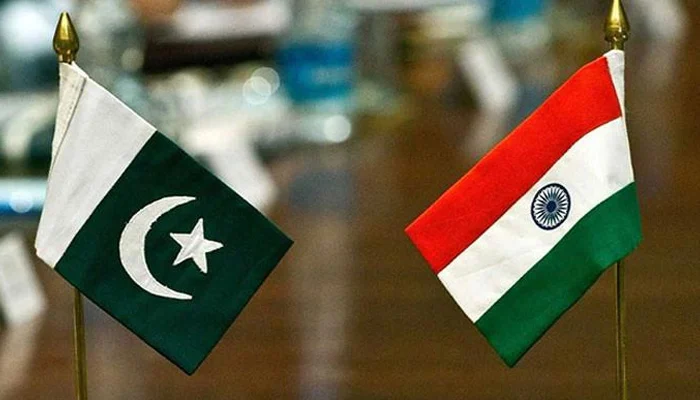Pakistan has strongly rejected India’s allegations linking it to the recent Pahalgam attack, calling them baseless and politically motivated. In a sharply worded statement, Islamabad expressed deep concern over the loss of lives while firmly denying any involvement in the incident.
Reiterating its long-standing policy of zero tolerance for terrorism, Pakistan emphasized that it has consistently condemned terrorism in all its forms and manifestations. “We have dismantled terror networks on our soil. The world knows our sacrifices—over 70,000 Pakistani lives lost in the fight against terrorism,” said an official spokesperson.
Meanwhile, Pakistan reminded the international community that it remains one of the biggest victims of terrorism, bearing daily costs of its internal war against extremism.
India’s Double Standards and Political Exploitation
Pakistan also accused India of exploiting the global war on terror to delegitimize lawful struggles for freedom. Referring to the revocation of Articles 370 and 35A after the Pulwama attack, Islamabad warned that India has a pattern of using terror-related incidents to push authoritarian policies.
“The Pahalgam incident appears to follow the same script. India has a history of introducing draconian measures under the guise of security, and now threatens to suspend the Indus Waters Treaty — a move we view as economic terrorism,” the statement added.
Citing a suspicious pattern of timing, Pakistan pointed out that such attacks often occur during high-profile diplomatic visits or political events. “A proper international investigation is essential to uncover the truth behind these ‘coincidences,’” it urged.
Kashmir Struggle Being Silenced, Not Resolved
Highlighting the longstanding dispute over Jammu and Kashmir, Pakistan asserted that India continues to suppress the Kashmiri people’s right to self-determination. “This struggle is indigenous and rooted in decades of brutal occupation,” said officials, referencing UN Security Council resolutions backing the Kashmiri cause.
Instead of introspection, India has chosen to internalize the issue and brand legitimate dissent as terrorism. Pakistan stated that India must look inward for solutions, rather than deflect blame abroad.
Security Failure or Political Theater?
With over 700,000 Indian troops stationed in occupied Kashmir, extensive surveillance systems, and tight restrictions on media and human rights observers, Pakistan questioned how such an attack could even occur. “This is not just a lapse — it’s a full-blown intelligence and security failure,” the statement read.
Moreover, Islamabad accused India of using Pakistan as a scapegoat to divert attention from domestic and international scrutiny. “From transnational assassinations to Manipur violence, India’s selective outrage and misdirection are becoming routine,” it noted.
Blame Game Aims to Distract from Accountability
Pakistan pointed out that India is currently under intense global scrutiny over alleged extrajudicial killings on foreign soil, including the U.S., Canada, and Pakistan itself. “The timing of the Pahalgam attack conveniently shifts headlines — but the world is watching,” the statement asserted.
Expressing concern that India may fabricate testimonies using Kashmiris in illegal detention, Pakistan warned the international community to remain alert to possible disinformation tactics. “India must not be allowed to exploit tragedy for electoral gains,” it stressed, referring to PM Modi’s recent speech in Bihar.
Pakistan Stands Firm, Prepares Response
Emphasizing that Pakistan neither benefits from such attacks nor holds any strategic motive, officials dismissed any suggestion of involvement as illogical. “We are focused on economic revival, not regional chaos,” said a government source.
The statement also addressed threats to Pakistan’s water supply, warning that any interference under the Indus Waters Treaty constitutes economic terrorism. “Pakistan is an agrarian nation — a water war is a war on our survival,” it declared.
Global Responsibility: Hold India Accountable
In conclusion, Pakistan called on the international community to hold India accountable for its actions and uphold international law. “If India is allowed to walk away from treaties without consequences, what stops others from following suit?”
While advocating for peace, Pakistan also issued a stern warning: “We are vigilant. Any misadventure will be met with a befitting response — at the time and place of our choosing. Let there be no doubt.”


Comments are closed.